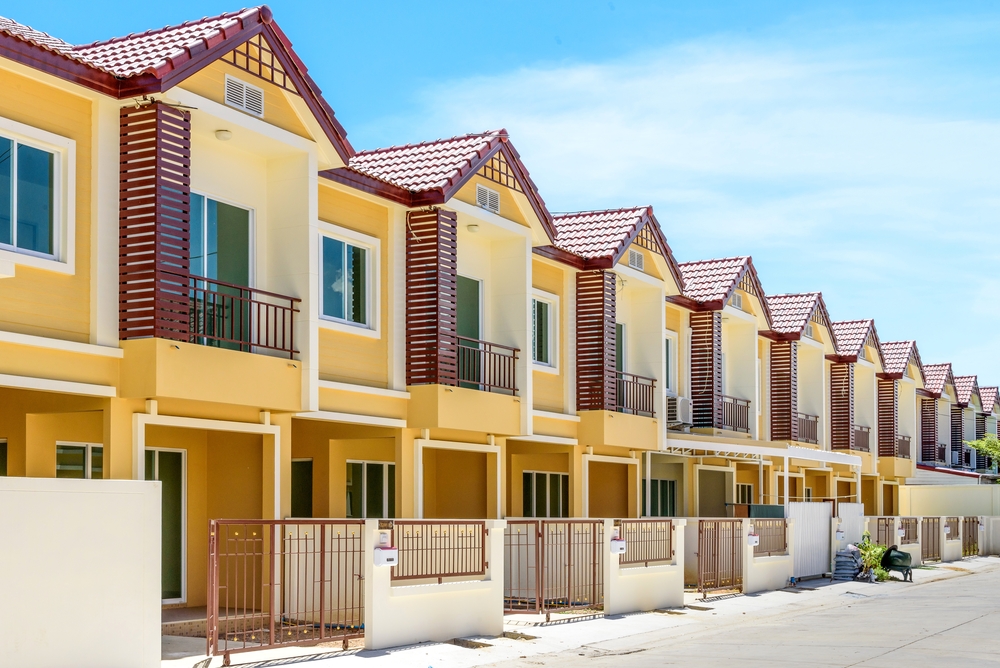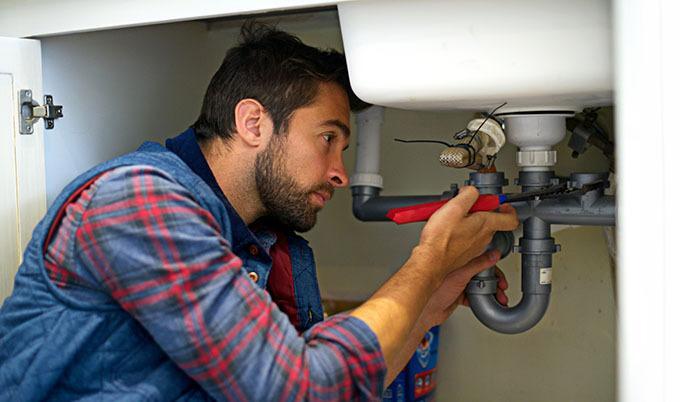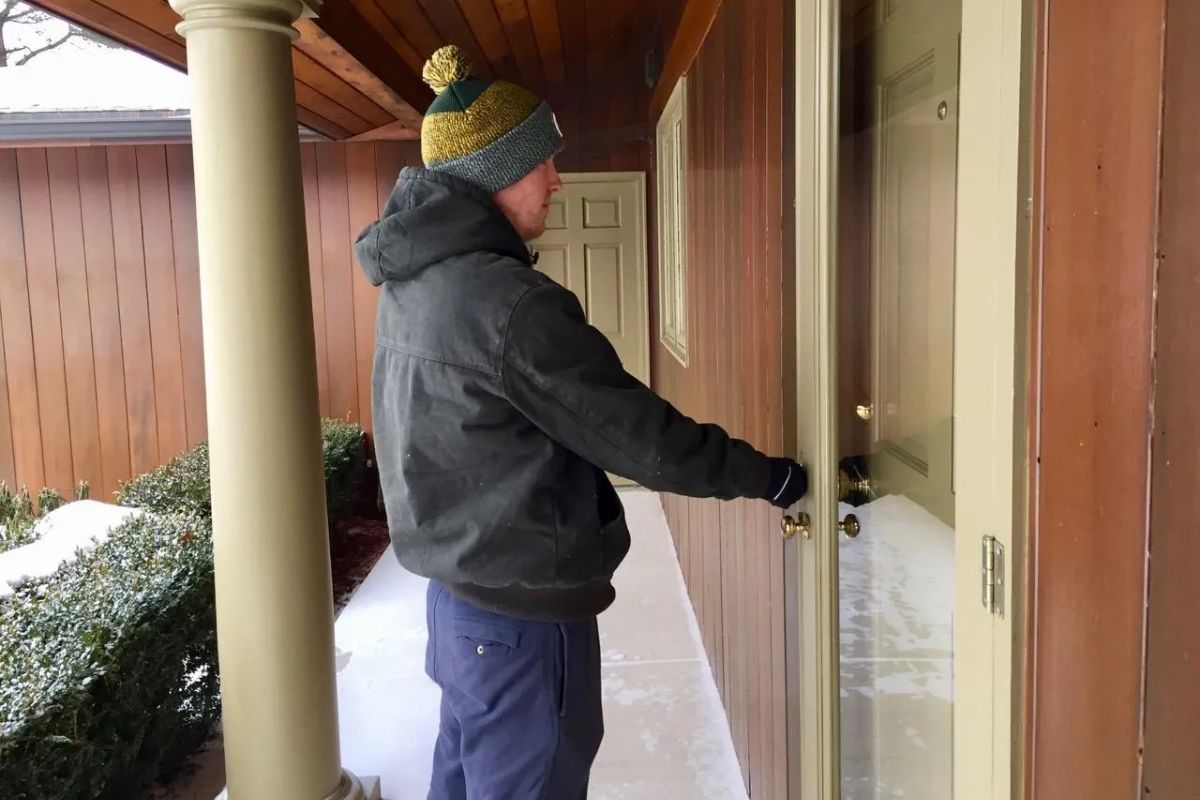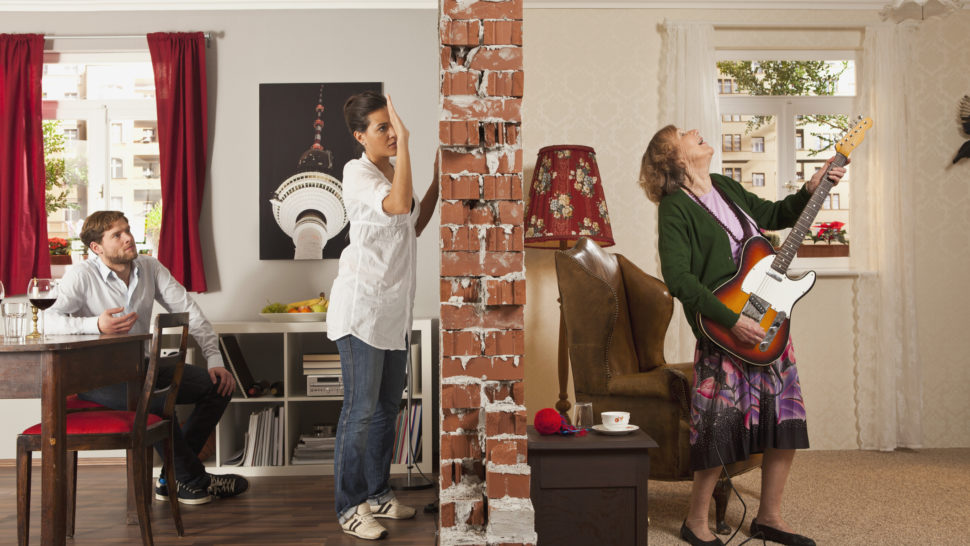Searching for a rental property can be an exciting but daunting task, especially when you're faced with a wide array of options, from apartments and condos to houses and townhomes. Whether you're renting for the first time or have been a tenant for years, finding the right place involves much more than simply choosing a space that looks nice. It's crucial to evaluate each property carefully to ensure that it meets your needs, budget, and lifestyle while also avoiding common pitfalls that can turn your rental experience into a headache.
To help you navigate the process, this guide covers the most important things to look out for when searching for rental properties, including location, lease terms, property condition, and landlord responsiveness. These factors will help ensure that you make an informed decision and find a rental property that suits you.
1. Location, Location, Location
Location is one of the most critical factors when choosing a rental property, as it directly affects your daily routine, lifestyle, and overall satisfaction with your living space. The location you choose should align with your work, social life, and personal preferences.

Here are some important aspects to consider:
- Proximity to Work or School: Make sure the property is conveniently located near your workplace or school to minimize commuting time and transportation costs. Consider the availability of public transportation if you don’t drive, as well as access to major highways if you do.
- Nearby Amenities: Check the neighborhood for grocery stores, pharmacies, restaurants, gyms, and other amenities that are important to your daily life. Having essential services nearby can make life more convenient.
- Safety of the Area: Research the safety of the neighborhood by checking crime statistics and reading reviews from current or former residents. You can also visit the area during the day and at night to get a feel for the environment.
- Noise Levels: Consider the noise levels of the neighborhood, especially if you're sensitive to sounds. Living near busy streets, airports, train stations, or nightlife hubs can lead to unwanted disturbances.
- Future Development: Investigate whether there are any plans for future construction or development in the area. While new developments can raise property values, ongoing construction might be noisy and disruptive.
2. Affordability and Additional Costs
One of the first steps in your rental search should be determining your budget. It's essential to look beyond the advertised rent price and consider all associated costs to avoid financial strain. Here’s what to consider:
- Monthly Rent: Determine whether the rent fits within your budget. A general rule of thumb is that rent should not exceed 30% of your monthly income, though this may vary depending on your financial situation.
- Security Deposit and Other Upfront Costs: Most landlords require a security deposit, typically equal to one or two months’ rent, to cover potential damage. Additionally, ask if there are any other upfront costs like administrative or application fees.
- Utilities: Clarify which utilities are included in the rent and which ones you’ll be responsible for. Common utilities include water, electricity, gas, and internet. If utilities are not included, ask the current tenant or landlord for an estimate of monthly costs to ensure you can afford them.
- Additional Fees: Some rental properties may charge for parking, pet fees, storage, or access to amenities such as gyms or pools. Make sure you understand all the costs before signing the lease.
- Rent Increases: Ask if there are any clauses about rent increases during the lease term or upon renewal. Some cities have rent control laws that limit how much a landlord can raise the rent, but it's important to know what to expect.
3. Lease Terms and Conditions
Understanding the lease terms is essential before committing to a rental property. The lease outlines the agreement between you and the landlord and dictates your responsibilities as a tenant.
Key aspects to review include:
- Lease Duration: What is the length of the lease? Some leases are for 12 months, while others may be shorter or longer. Confirm what happens when the lease ends — will it automatically renew, convert to a month-to-month lease, or will you need to sign a new agreement?
- Early Termination: Life is unpredictable, and you may need to break the lease before the term ends. Ask about the policy for early termination and whether there are any penalties or fees associated with it.
- Subletting: If you plan on traveling or need to temporarily vacate the property, inquire about the landlord’s subletting policy. Some landlords may allow subletting with approval, while others prohibit it entirely.
- Rules on Alterations and Decorations: Can you paint the walls, hang pictures, or make minor modifications to the apartment? Some leases may have strict rules on alterations, and you may be required to return the unit to its original condition when you move out.
- Pets: If you have pets, ask about the pet policy. Some landlords impose breed, size, or number restrictions, while others may charge pet deposits or monthly pet rent.
4. Condition of the Property
Before signing a lease, it’s crucial to assess the overall condition of the property to avoid moving into a home with hidden problems. During your walkthrough, be observant and ask questions about the following:
- Appliances: Check the condition of appliances like the refrigerator, stove, oven, and dishwasher. Are they in good working order, or do they look worn out? Ask the landlord if they’ve been serviced recently or if any replacements are planned.
- Plumbing and Water Pressure: Turn on faucets and showers to test water pressure and make sure there are no leaks. Check under sinks for signs of water damage or mold, which could indicate ongoing plumbing issues.
- Electrical System: Flip light switches, test outlets, and check for any exposed wiring. Ensure that the electrical system is up to code and capable of handling your needs, especially if you have electronics that require multiple outlets.
- Heating and Cooling Systems: Ask if the heating and cooling systems have been maintained recently and whether they work efficiently. You don’t want to be stuck without air conditioning in the summer or heat in the winter.
- Windows and Insulation: Look at the condition of windows and doors. Do they seal properly, or are there drafts? Poor insulation can lead to higher energy bills and an uncomfortable living environment.
- Signs of Pests: Be on the lookout for any signs of pests like rodents, insects, or termites. Pests can be difficult to get rid of once they’ve settled, so it’s essential to make sure the property is pest-free.

5. Landlord or Property Management
The relationship between the tenant and landlord (or property management company) is a key factor in the rental experience. A responsive, professional landlord can make your stay comfortable, while a neglectful or uncooperative one can make life difficult.
When considering a rental property, look for the following:
- Responsiveness: Ask how quickly the landlord or property management responds to maintenance requests or tenant concerns. If possible, speak with current tenants to get a sense of their experiences.
- Reputation: Research the landlord or property management company by reading online reviews or checking databases like the Better Business Bureau (BBB). If you notice a pattern of negative feedback, you may want to think twice about renting from them.
- Maintenance Procedures: Understand how maintenance requests are handled. Is there an online system, or do you need to call directly? Ask about response times for emergency and non-emergency repairs.
Read more: When Can Landlords Enter the Rental Unit: Understanding Your Rights and Obligations
6. Amenities and Shared Spaces
Many rental properties offer amenities such as gyms, pools, parking, and laundry facilities. While these features can enhance your living experience, it’s important to assess their condition and availability.
- Condition and Cleanliness: Inspect shared spaces to see if they are well-maintained and clean. Poorly maintained amenities can be a sign of neglect and may indicate how other issues will be handled in the future.
- Access and Rules: Ask if there are any restrictions on the use of amenities. For example, some buildings may have limited gym hours, pool guest restrictions, or extra charges for parking or storage.
- Laundry Facilities: If the rental property doesn’t have an in-unit washer and dryer, check the condition of the on-site laundry facilities. Are they clean, and is there enough equipment to accommodate tenants?
7. Parking and Transportation
If you own a vehicle, you’ll need to consider parking arrangements. Parking can be a significant issue in densely populated areas or large apartment complexes.
- Parking Availability: Ask if a parking spot is included in the rent, or if there is an additional fee. Are parking spaces assigned, or is it first-come, first-served? Also, inquire about guest parking.
- Public Transportation: If you rely on public transportation, check how close the property is to bus stops, subway stations, or train lines. The availability of reliable public transit can significantly affect your commute and lifestyle.

8. Move-In Readiness and Inspection
Before moving in, it’s a good idea to conduct a thorough inspection with the landlord or property manager. This ensures that any existing damages or issues are documented so you’re not held responsible when you move out.
- Move-In Condition: Make sure the unit is clean and in move-in-ready condition. Look for signs of damage, cleanliness issues, and repairs that need to be made before your move-in date.
- Documenting Damage: Take photos or videos of any pre-existing damage, such as scratches on the floors, chipped paint, or broken fixtures. Provide this documentation to the landlord to avoid disputes over the security deposit later.
Conclusion
Searching for a rental property is more than just finding a place that looks appealing; it’s about ensuring the property meets your needs and budget while avoiding potential pitfalls. By considering crucial factors such as location, affordability, lease terms, and property condition, you can make an informed decision and prevent future issues. Don't hesitate to ask questions about maintenance responsibilities, landlord responsiveness, and any additional fees or policies that could affect your living experience. Taking the time to thoroughly evaluate these elements will help you find a rental that suits your lifestyle, offering both comfort and peace of mind throughout your tenancy.
Read more: Things To Consider When Choosing Between Condos Vs. Apartments





